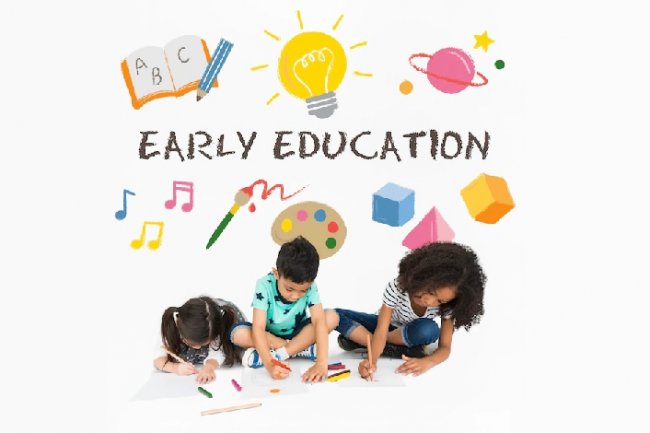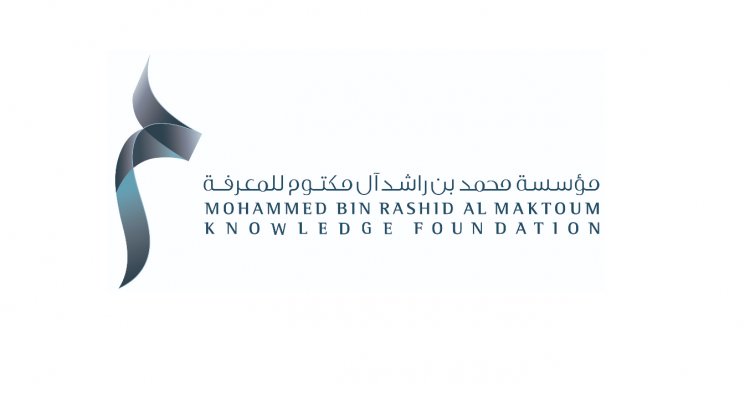For Parents
Understanding Nursery Curricula
- Nov 28, 2022
- 0
- 1816

While there are several approaches to preschool curricula (some encourage discovery learning while others are solely academic), each program aims to shape kids into better individuals by teaching them vital skills they'll need in the future. However, assessing the interests of children and their unique needs is essential before deciding because it is going to affect their future learning and development.
To make things easier for you, we have listed the most popular curricula for preschoolers:
EYFS
The EYFS is intended to support children's learning and development from birth until they are ready to begin formal education. EYFS professionals use play to encourage children's vocabulary and communication. Its primary focus is on assisting professionals, educators, and caregivers who look after and educate children under the age of five. The primary areas are strengthened and implemented through the following four areas of learning: literacy, mathematics (developing capacity for counting, using numbers, and solving tasks involving simple addition and subtraction), and developing a taste for art and design.
Montessori
The Montessori approach to education emphasizes child-centred activities to build skills and learn. In Montessori environments, educators or practitioners provide age-appropriate activities and resources to direct the process. In this setting, the teacher or other caregiver must pay close attention to the child's interests and come up with activities to keep them engaged and improve their development. Children learn best by working hands-on with tools and materials; thus, teachers refrain from giving children explicit directions, even though they may offer encouragement or additional time for an activity, which is very different from a conventional classroom where teachers will have a defined schedule or timetable that every child is expected to follow.
American Curriculum
The nurseries in the US believe that it is important to engage children in playful inquiry to foster their intellectual, physical, social, and emotional development. The classroom is set up in a play environment because playing is how children engage their minds, organise their thoughts, and store information using all of their senses. In order to provoke, stimulate, and promote children's innate intellectual dispositions - their natural inclinations - a wide variety of experiences, opportunities, resources, and contexts are made available. Teachers offer a hands-on learning approach. The American curriculum also focuses on critical speech and fine motor abilities in addition to basic academics and social skills.
Reggio Emilia
The curriculum is built around the values of community, respect, and responsibility, which are taught through play, exploration, and discovery. The Reggio approach aims to teach kids how to employ symbolic languages—such as drama, painting, and sculpture—in their daily lives. Through project-based learning in the "Atelier" (creative space) and with the help of the "Atelierista," preschoolers explore different topics each day. Active listening, involvement in hands-on activities, and physical exploration are encouraged for kids. Further, the child's family also participated in educational activities that provided opportunities for collaborative learning. This curriculum promotes creativity and curiosity.
Waldorf Steiner
The learning process in Waldorf education fundamentally involves three parts: head, heart, and hands, which reflect thinking, feeling, and doing. The curriculum used by Waldorf instructors to nurture and engage each child's development and build a foundation rests on arts, academics, and practical skills. The preschool curriculum is a blend of structure and creative learning. The system focuses on intellectual experimentation. Teachers foster students' intrinsic enthusiasm for learning, resulting in no need for competitive testing, academic placement, or awards to encourage learning. Children are self-driven. There are no quizzes, tests, assignments, or grades. The class size is small, and it is administered by a teacher who encourages participation and emphasizes practical learning. This curriculum promotes intellectual, physical, and emotional development.
HighScope
The HighScope Preschool Curriculum is a rigorous, research-based program that has been thoughtfully created to give children a strong academic foundation. This encourages their creativity, self-assurance, and independence. This is where children learn various academic skills, including telling time, counting, and other hands-on projects. Children pick up a variety of academic skills here, such as telling the time, counting, and working on other practical projects. Children are exposed to a setting that encourages the growth of cognitive abilities as well as the formation of social, emotional, and cultural ties. Play is at the heart of this paradigm. Children will work with a teacher as their partner in a "play, do, review" pattern. Students get to choose a project, make a plan for achieving their objectives, and collaborate with the teacher to evaluate the results.
Parent Co-Ops
The Parent Co-op program involves parents in their children’s learning process. Co-op preschools occur when like-minded parents join together to hire teachers who fit the children’s learning styles. While the system emphasizes the value of education, it also strengthens the bond between parent and child. It increases the involvement of parents in the development of norms to guarantee a supportive and secure learning environment for children and a feeling of cohesion. Typically, parents give suggestions or contributions to the curriculum. They occasionally take on administrative responsibilities and help teachers with lessons. It increases the chances for parents to enrich their lives so they can support their kids' learning at home and elsewhere.
Bank Street
It is a non-conventional program that takes a child-centered educational approach that highlights the diversity of curricula. Opportunities are provided for active learning in disciplines that encourage their social, emotional, physical, and cognitive development. The core tenet of the Bank Street approach is that kids can develop into lifelong learners by interacting with their surroundings, including other people, diverse locations, and various objects, and then making sense of what they've just experienced. It uses an interdisciplinary approach to subjects to allow students to engage in education. Mixed-age classrooms have settings that cater to the needs of every learner. There is no rivalry among the students; they choose whether to learn experientially or through instruction. Teachers give individualized instruction while keeping the learner's interests in mind.
Ascend
Different children learn at different paces and in different ways. The Ascend Curriculum allows teachers to tailor lessons to each child’s needs and learning preferences by providing a good balance of structure and freedom. Kids take part in interesting, hands-on lessons with the teacher in small groups. This makes it possible for teachers and students to have unique interactions. As a result, children’s independence and creativity bloom while they learn. Children think critically and find out-of-the-box solutions to the problems at hand. They create their projects, putting them in control of their learning. As students acquire important skills through creativity, the objective is to assist children in creating a solid foundation for themselves.
We hope this article guides and helps you demystify the world of nursery curriculum.
Click here to explore the nurseries offering these various curricula.
Add Comment
Related Blogs

For Parents
Global Knowledge Index 2022- UAE ranks first among Arab World Countrie...
- Nida Ashha...
- Jan 11, 2023
- 0
- 1732

For Parents
7 Ways To Assist Your Child in Improving Their Writing Abilities
- Yamini Nag...
- Jun 16, 2022
- 0
- 1540
Popular Blogs

Tips for Educators
3 Tips To Apply Classical Conditioning In Classrooms
- Natasha Di...
- Apr 25, 2022
- 0
- 21903

Understanding Concepts
4 Reasons Why Skill-Based Learning Is Important For Students
- James Coop...
- Mar 14, 2022
- 0
- 11240

For Parents
Everything You Need To Know About STEAM Education As A Parent
- James Coop...
- Mar 1, 2022
- 0
- 11157











